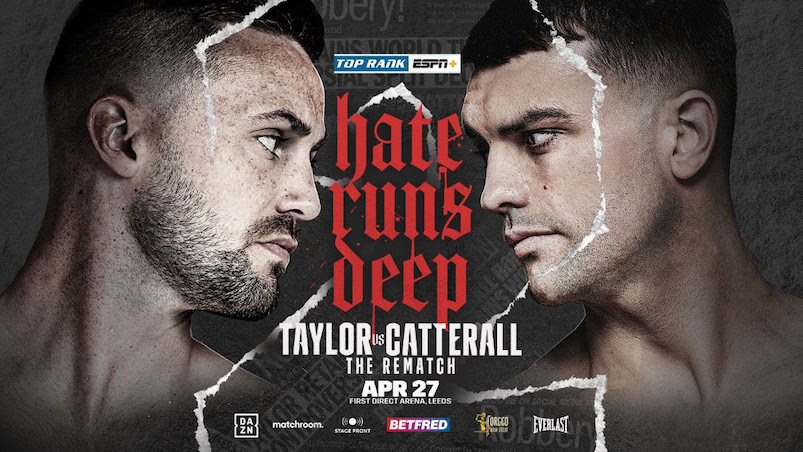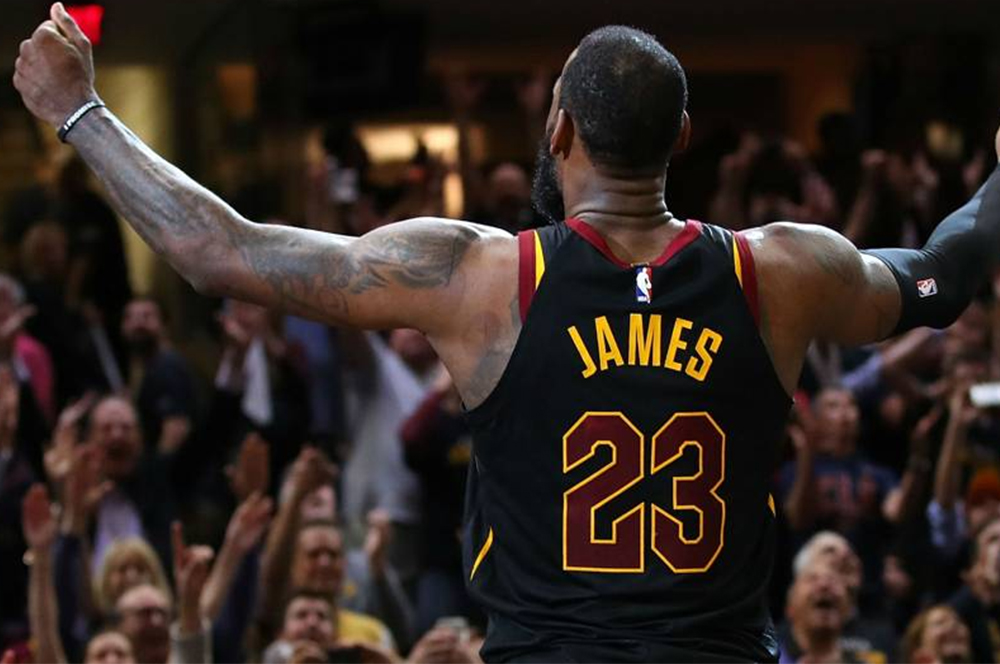The Boston Celtics — missing two all-stars — have made it back to the NBA’s Eastern Conference Finals.
The Celtics getting this far without those two all-stars puts an asterisk on the team, and by extension puts an asterisk on any team that beats them to make the NBA Finals. Like, say, LeBron James’ Cleveland Cavaliers, should that happen.
But there’s an asterisk for the asterisk. Neither of those missing all-stars (Kyrie Irving and Gordon Hayward) were on the team when the Celtics made it this far a year ago. All-star Isaiah Thomas was around, but while he played in the first two games of that 2017 series, he certainly wasn’t healthy. There’s also another all-star in the mix, one healthy for both runs: Al Horford. There’s also the fact that Boston has been good enough top to beat more top-heavy teams and get this deep. You don’t make the conference finals on dumb luck.
There are asterisks all the way down.
Sane people call these asterisks and the conditions that create them “context.” Sane people leverage context to make rational arguments instead of emphatic, but shallow declarations. But this is sports, and it’s really not all that serious, so the hot take artists can be afforded some leeway.
All that said, should James extend his historic* Finals streak to eight years by beating the Celtics (that asterisk is to indicate this applies only to the modern era, word to Bill Russell), many will diminish the feat by questioning the competence of the rest of the Eastern Conference.
The argument goes something like this: sure, James made the Finals every year for eight straight years, but the accomplishment is overblown because the East offered such little resistance all that time. It was much harder to make the Finals out of the West.
Is that argument fair?
As of 2015, there was a data-based case that James’ overall path to the Finals had been made comparatively easy due to shallow competition in the East. Such an analysis necessarily strips a good deal of context. It measured the full path to the Finals: how tough was the average opponent faced through three rounds? That’s a specific question.
Another specific and fair question might be: how tough was the toughest opponent faced through three rounds? You could also consider how many losses a team acquired en route to the Finals to assess dominance over the competition, getting by the issue of failing to give teams like the Cavaliers credit for beating whoever is in front of them.
Someone else can do all that. In the end, it’s all just more grist for the debate around the context of James’ streak. Some data points bolster the feat. Some data points don’t.
But because this is a subjective debate at its core, there’s a real argument that the streak itself — that James’ inevitability — casts its own shadow on the competition.
Consider the Toronto Raptors. By all objective measures, they were one of the three best teams in the NBA. (By most measures, they were No. 2, ahead of the Warriors. But we can all acknowledge the Warriors coasted all season.) Any data-based analysis of the Raptors’ season, and thus the Cavaliers’ achievement in completely waxing them in the playoffs would indicate a great achievement.
Historically, the Raptors crumple like dried-out maple leaves against the Cavaliers. So subjectively we discount the fact — the verifiable fact — that Toronto is really good when assessing the Cavaliers’ path to the Finals. The Raptors are awesome, except in Game 1s and except against James’ team. Therefore, James’ team gets little credit for beating them. Therefore, a path to the Finals in which the Raptors are the best competition is considered a comparatively weak path
Asterisks all the way down, right?
What a paradox! James’ annual march to the Finals looks subjectively easy because James’ excellence melts otherwise high-quality opponents to the point we diminish and dismiss the idea that those opponents are high-quality.
The Atlanta Hawks won 60 games a few years ago, but James and the Cavaliers ejected them from the playoffs so forcefully that the 60-win season seemed ultra-fake. The Raptors hung with the incredible Rockets and powerful Warriors in wins, scoring margin, and net rating all season long, but James and the Cavaliers laughed them out of the second round so viciously that even the most steadfast Toronto believers questioned the realities they knew from October through April.
Is James benefiting from a weak East, or is he making the East look weak? At least over the last few seasons, there’s a strong contextual case for the latter. The Eastern Conference has produced some worthy foes by objective measures. James has crushed them so thoroughly that they all seem to end up in impromptu rebuilds.
There’s a thorny twist, too: James and the Cavaliers can’t really escape this critique. Because James’ Finals streak has already established in the popular consciousness of many that the East is weak, now losing to an East team in the playoffs would diminish James’ standing. Losing to the Raptors in the second round wouldn’t have retroactively boosted the apparent achievement of the 2016 or 2017 Cavaliers (each of whom beat Toronto), it would have given critics material to argue James had fallen. There’s no path for James to prove winning the East every single year actually means something to those who thinks it means little.
If the Cavaliers beat the Celtics, as most expect them to do, James will have another asterisk on his ledger for advancing to the NBA Finals by beating a team missing two all-stars. If the Cavaliers lose and his Eastern reign ends, James will be browbeaten for falling short in a weaker conference, even if the narrative that explains why that conference is considered so weak is tied up completely in how dominant James himself has been.
Asterisks all the way down.



